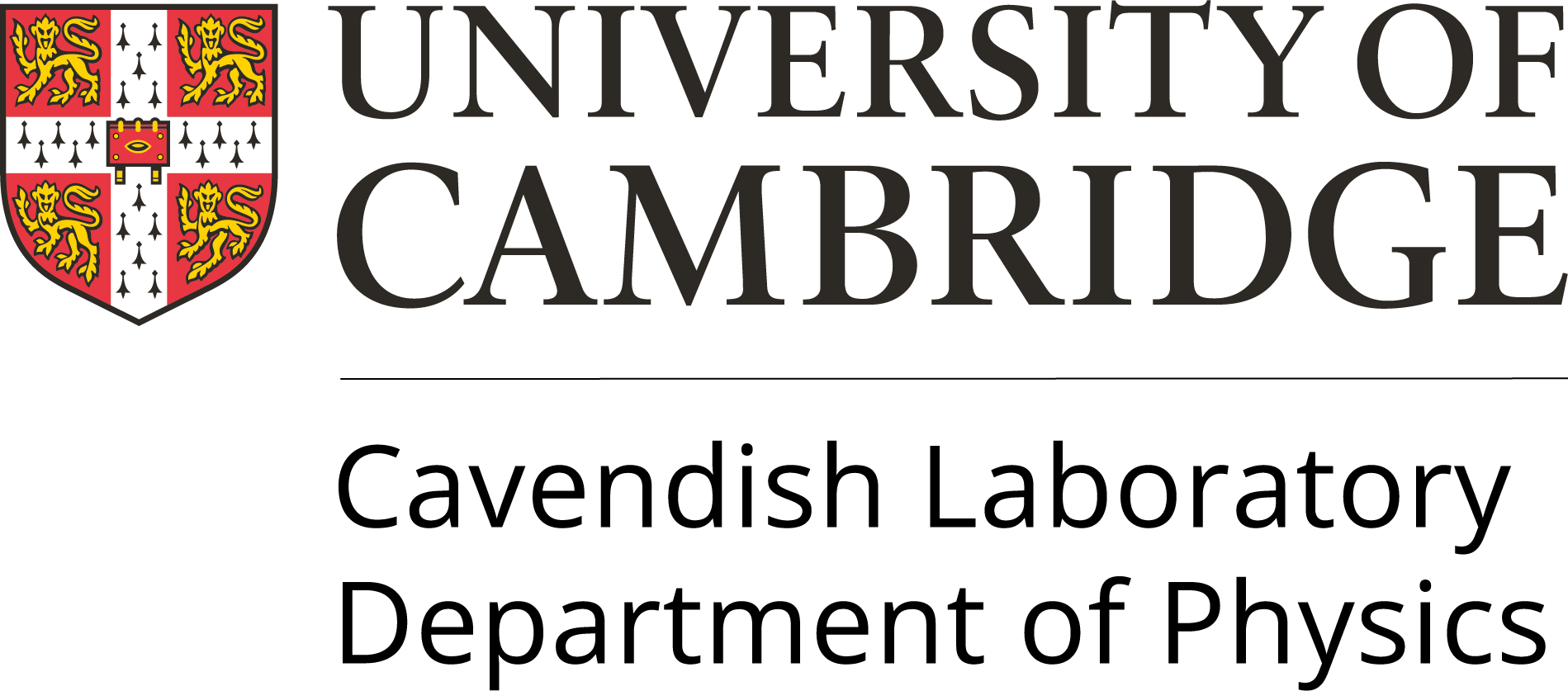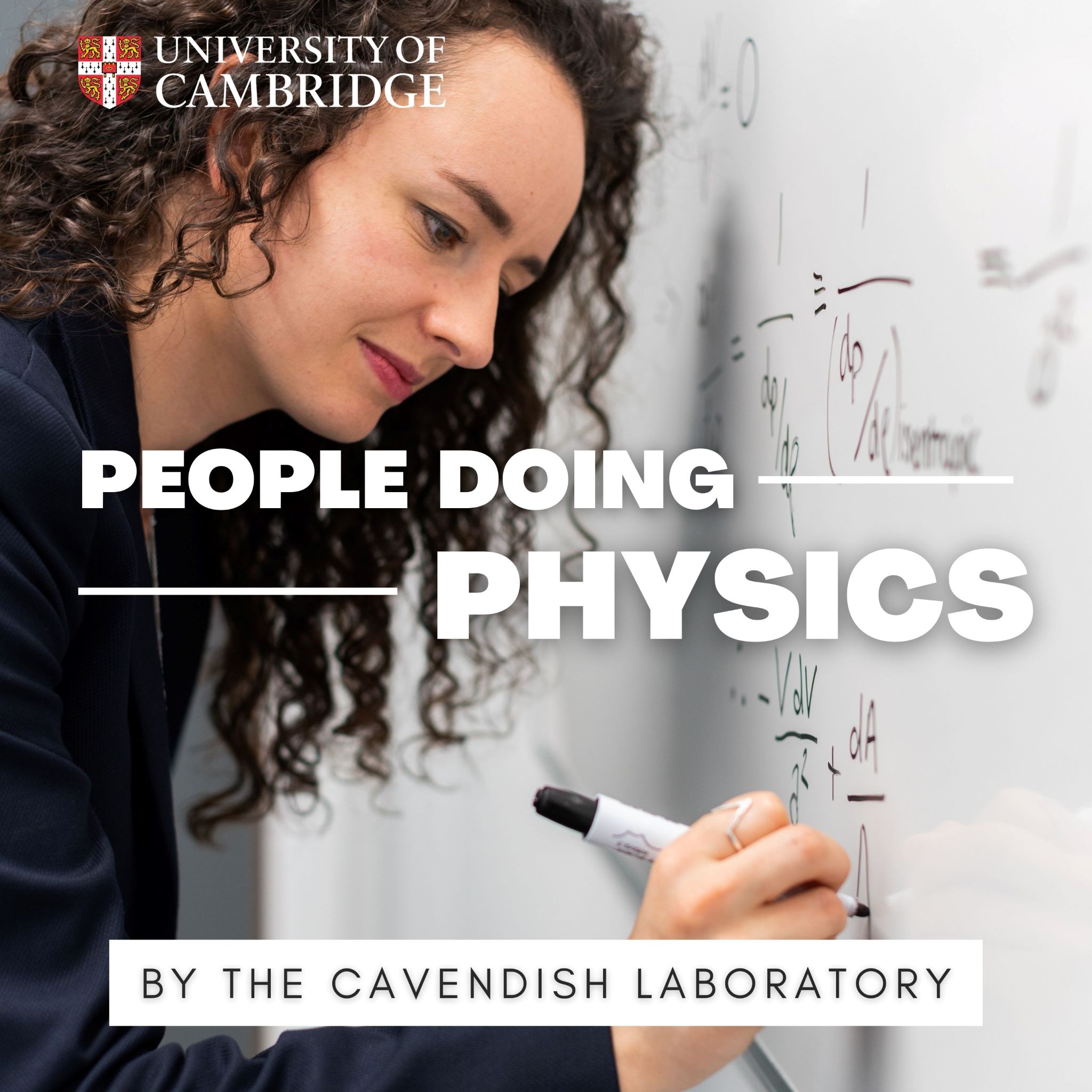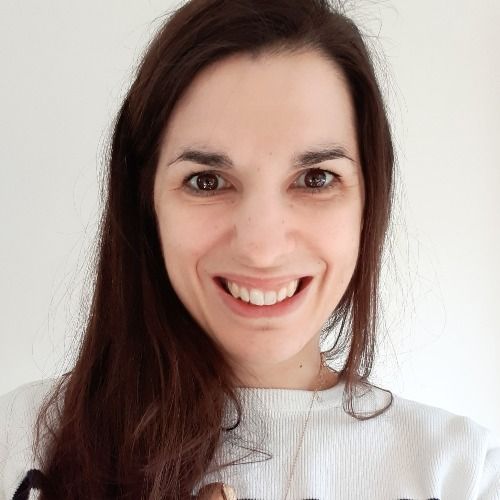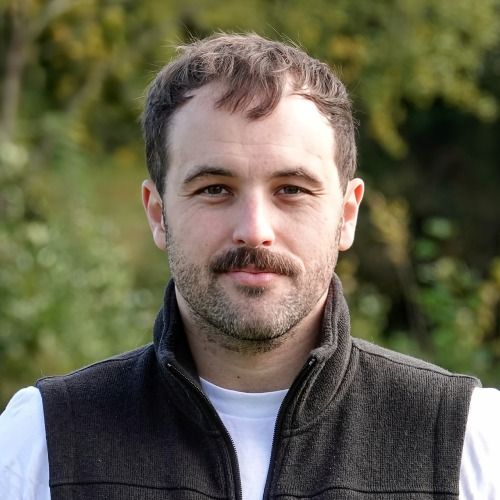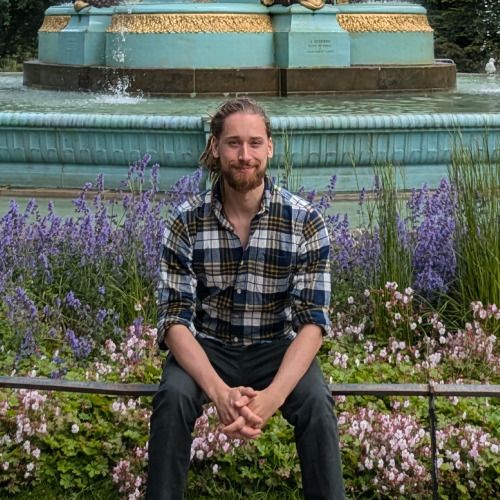Tiffany Harte
Intro
Joining us this month is Dr Tiffany Harte, senior research associate in the group of Prof. Ulrich Schneider here at the Cavendish Laboratory.
Tiffany is an experimental physicist who works with ultracold atomic systems. These are gases of neutral elements like Rubidium or Lithium which are cooled down to incredibly low temperatures and used to probe with extreme precision fundamental properties of quantum matter which would otherwise be inaccessible in other kinds of experiments, for instance in material science.
She has done research at St. Andrews, Oxford, and now Cambridge, working on all the aspects of ultracold experiments, from devising optical traps, to performing quantum simulation of exotic lattices, to engineering the next generation of cooling and transport instruments. Her latest project is very ambitious: in a consortium of 7 UK universities, she is trying to build a new type of interferometer with the ultimate goal of detecting dark matter and gravitational waves.
Tiffany is also a very passionate outreach communicator. She is interested in finding new and creative ways of presenting her research, for instance by combining it with dance or devising board games inspired by the physics she sees in the lab. Her goal is to make science fun and understandable for a range of different audiences, from children to adults.
In today’s episode, we’ll talk to her about the challenges of devising experiments at the limits of zero temperature, on how to find motivation when experiments break down, and how to navigate postdoc life in and out of the pandemic.
Stay with us…
Please help us get better by taking our quick survey! Your feedback will help us understand how we can improve in the future. Thank you for your time.
[00:36] – Guest’s intro
[02:16] – Early Background and inspiration to do physics
[05:34] – Experience at St. Andrews
[07:22] – First encounter with cold atoms, summer project involving laser beam shaping for traps
[09:52] – Part of regular journal club where presented a paper on vortex nucleation in Bose-Einstein condensates
[11:17] – PhD experience and challenges with the experiment(setup)
[13:50] – Building back the experiment stronger and better
[14:30] – Advice to a student dealing with similar issues (failed experiments, struggling with PhD)
[18:33] – Post Doc at Cavendish Lab
[21:02] – First project on quantum simulation of Kagome lattice for flat band physics and frustrated magnetism
[25:28] – In the news this month we talk about a new technique to look inside Lithium-ion batteries. Clean and efficient energy storage technologies are essential to establishing a renewable energy infrastructure. Lithium-ion batteries are already dominant in personal electronic devices and are promising candidates for reliable grid-level storage and electric vehicles. It is very important to improve their charging rates and usable lifetimes. To do so scientist need to understand the changes occurring inside an operating battery. Researchers at the Cavendish have now developed a low-cost lab-based optical microscopy technique to study lithium-ion batteries. The key advantages of the methodology will enable further exploration of what happens when batteries fail and how to prevent it. The technique can be applied to study almost any type of battery material, making it an important piece of the puzzle in the development of next-generation batteries.
[28:12] – Most recent experiment on AION project
[37:31] – Outreach, Public Engagement and sharing the love for science
[42:37] – Research Staff Committee role
[46:25] – Outro
---
Useful links:
- Visit Atom Interferometry webpage to understand more about Tiffany's current research and the AION collaboration.
- During the show Tiffany talks about her involvement with Intellectual Forum at Jesus college
- Read the article on this month’s news - A technique to guide the development of faster and longer lasting next-generation batteries
- Research Paper link for this month’s news release - www.nature.com/articles/s41563-022-01324-z
- To learn more about the Cavendish Laboratory, or if you are interested in joining us or studying with us, go to www.phy.cam.ac.uk
Share and join the conversation
• If you like this episode, don’t forget to rate it and leave a review on your favourite podcast.
• Any comment about the podcast or question you would like to ask our physicists, email us at podcast@phy.cam.ac.uk or join the conversation on Twitter using the hashtag #PeopleDoingPhysics.
Episode credits
Hosts: Simone Eizagirre Barker and Paolo Molignini
News presenter: Jacob Butler
Producer: Chris Brock
This podcast uses the following third-party services for analysis:
OP3 - https://op3.dev/privacy
